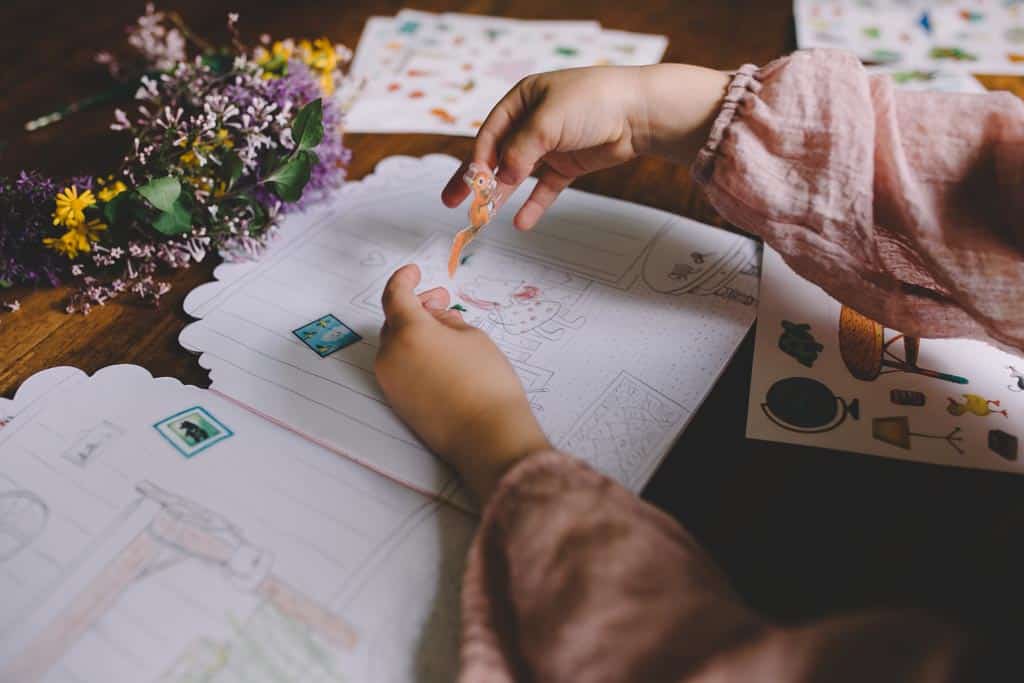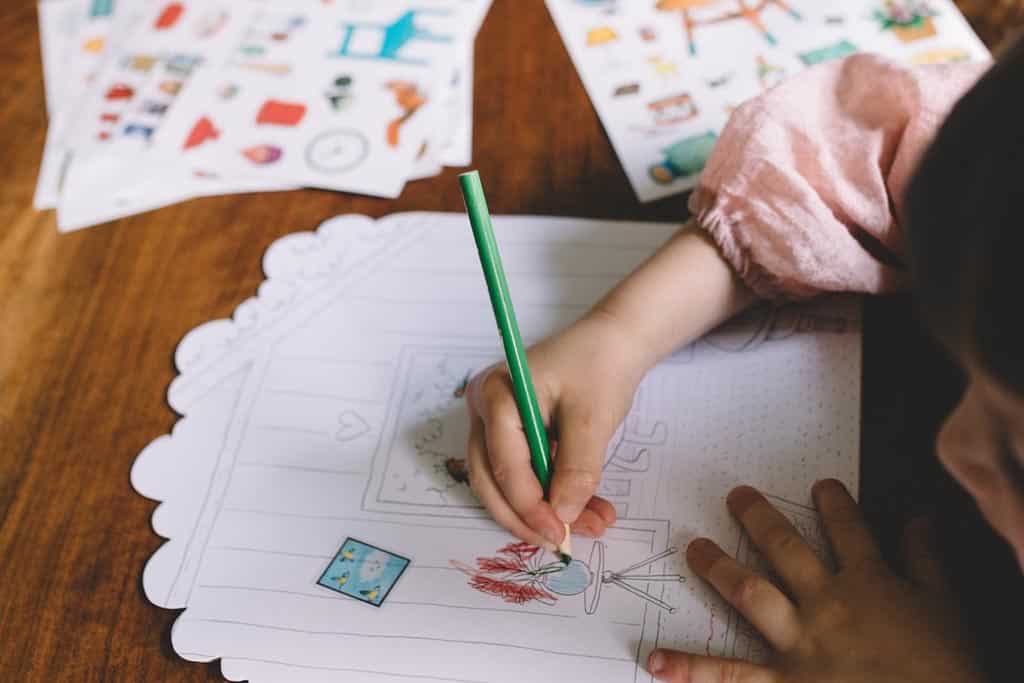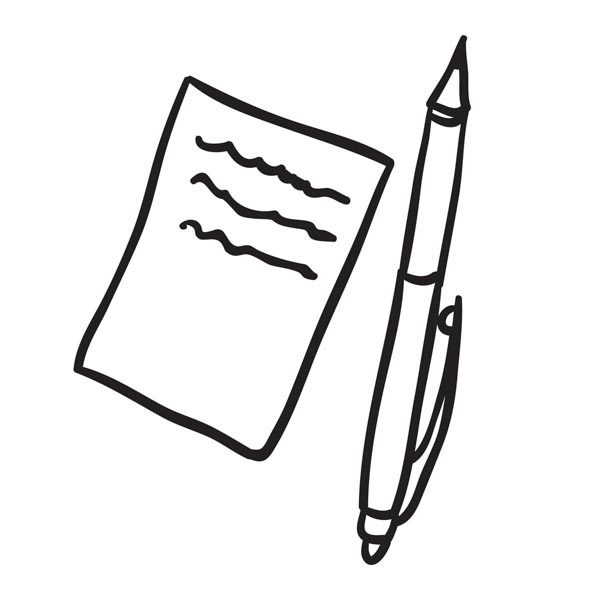When was the last time you painted a picture or knelt down in the mud and dragged your nails through it? When did you last hop? Or tested what happened when you poured nail polish on the carpet?
I bet you remember with crystal clarity – and more than a touch of revulsion – what a copper coin tastes like on your tongue. But you probably haven’t tried it since you were two or three years old.
Children’s first years are a time for experimentation and new experiences. Soon enough we learn that coins are dirty and taste awful, and nail polish is really hard to wash out.
All of this learning is necessary. But how long should it go on for? When does childhood experimentation end?
Learning through play
Play is the child’s work.
Jean Piaget, Psychologist
At One Hundred Toys, we believe in learning through play. It’s not the only way, and there are times when memorisation and direct instruction can be effective: We don’t want our children to play with fire in order to learn that it’s dangerous. But for the under 5s, play is essential.
For many children, it’s the last time they’ll have regular access to sand and water, to paints and clay or to the dressing up box. Once school starts, play becomes compartmentalised. An hour for ‘art’, once a week, another hour at mid-day, spent in a ‘playground’, a space often devoid of any interest or challenge.
So, is school the end of childhood?
Yes and no. It can be, if you’re not careful to keep it alive. Of course, our children will continue to have fun, play games and be the wildly creative, independent creatures that they always have been. But if we just accept the menu of activities on offer at school, over time their interests will become more grown up, and their characters just a little less unique. Some of that is a good thing. We all need to learn to fit in to the adult world, to get along with people and to understand that we can’t always do what we want.
We’re not saying that seven-year-olds should still be tasting copper coins. Simply that we should still try to make time for sand and water, painting and digging, long after that first day at school.
Tips to keep childhood going
- Children are often tired after school. Keep structured activities to a minimum, whether that’s an after-school club or something you do together at home. Children need down-time. Time to relax and unwind. Let them play alone in their rooms, even if it doesn’t look like they are doing much.
- At weekends and over the holidays, continue to offer activities they enjoyed at nursery – cutting and sticking, sand and water, paint and crayons. It’s not always necessary to have an end goal in mind. Let them experiment with the materials in a playful manner. They may create something; they may not. And either is OK.
- Childhood is about new experiences and exploration. It’s the reason we created the 100. The 100 does contain a handful of toys, but the vast majority of it is reserved for activities and experiences. New things are interesting and memorable; playing with the same old wooden railway is not. You could make a tissue-paper stained-glass window, visit a castle, or go to the annual open day at the fire station. Or carry out an experiment (following your child’s interests, if at all possible). No. 2 son is currently interested in lava and the centre of the earth. With just a slight nudge, it might occur to him to try to dig a hole through the Earth to Australia. He wouldn’t get very far, of course, but think of all the learning that would happen as he dug down a foot or two. Bugs, clay, roots, underground water, a layer of rock. A lifetime’s worth of interest exposed in half-an-hour’s digging.
- Read more about starting school.
Are you ready for school?
Do you have a preschooler? Would you like them to develop some key skills before starting school? How wonderful to go into school on that first day feeling like you belong.
Get Set Five is a year-long course full of fun and free activities to do with your child.





